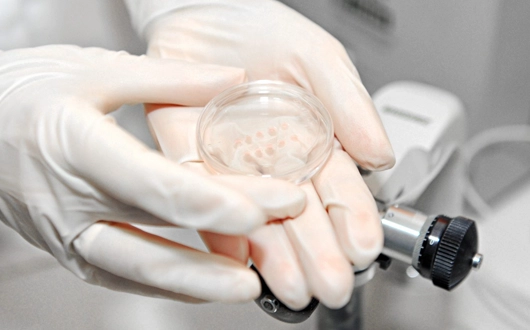
Genetic testing of embryos has become the most important part of IVF treatments in recent years. The aim is to find a healthy embryo by genetic examination of the cell sample taken from the embryos.
Genetic diagnosis is mostly applied in single gene diseases (such as cystic fibrosis, sickle cell anemia) as well as structural chromosome disorders. This increases the likelihood of a healthy pregnancy and the rate of taking a baby home.
Clinical studies show that taking a biopsy from the embryo with PGD does not affect the embryo's ability to attach, but it does affect embryo viability.
Any congenital problems in children born with PGD are no different from those in pregnant women who conceive normally.
PGD can be applied in in vitro fertilization treatments. But the most common group to benefit;
In addition to all these disorders;